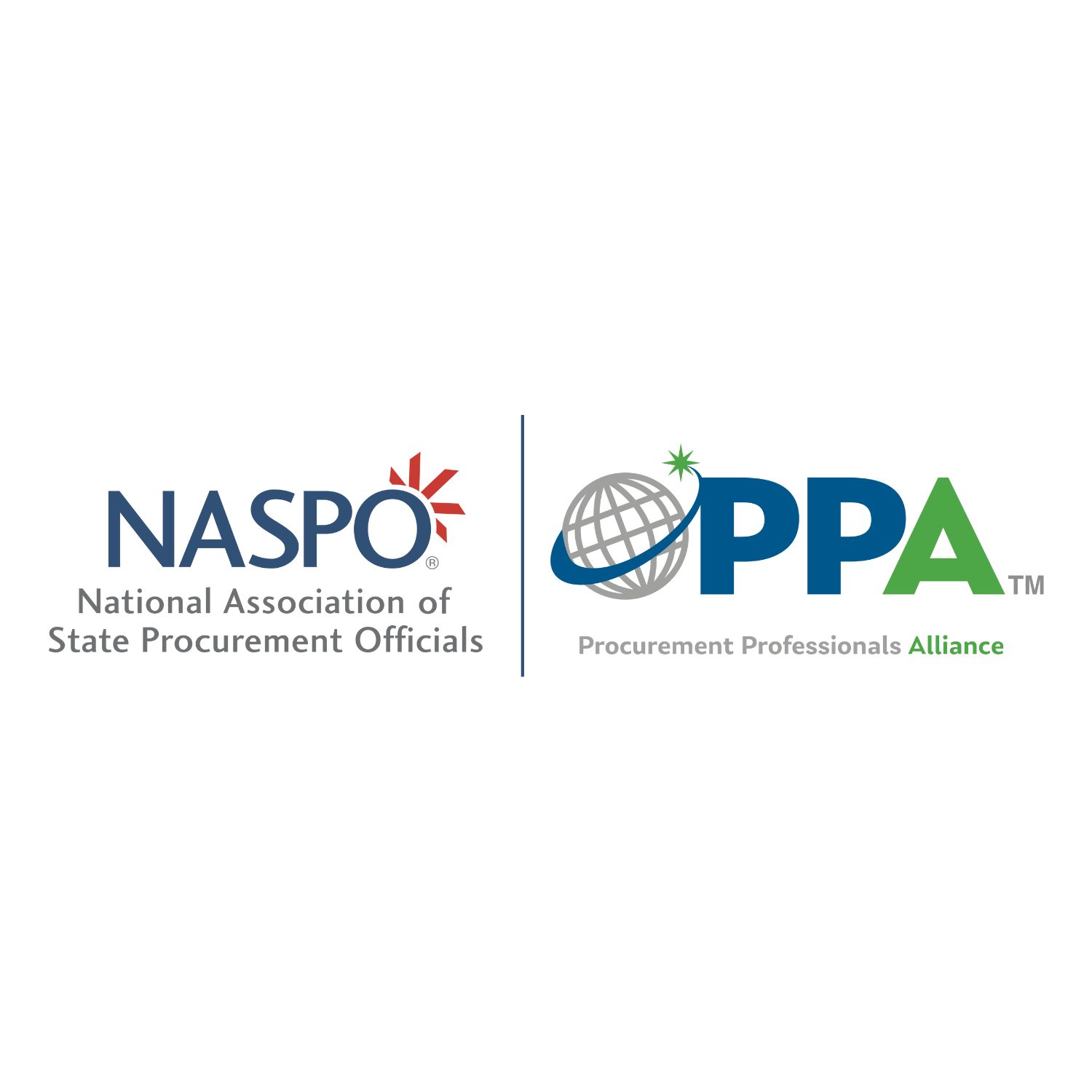Concurrent Sessions VI | April 15 | 11:40 AM - 12:30 PM ET
CS 6A | CS 6B | CS 6C | CS 6D | CS 6E (ACUPA)
< Back to Schedule
CS 6A | How Does Your Campus Handle That? - University of Arkansas' System-Wide Transformation
Description
The University of Arkansas System is a collection of 21 entities across the state, ranging in size, resources and processes, but with a common mission of delivering economic and social impacts across the state. Join Tru Consulting and panelists from across the University of Arkansas System as we discuss the challenges and benefits of a coordinated transition to a connected planning solution across a variety of use cases! While the goals remained the same throughout the implementation, each campus presented unique practices and requirements, thus presenting an intriguing challenge to maintain standardization and best practices while also ensuring campus end-users were at the forefront of the build and each campus had a level of agency with their solutions, and therefore had a voice in their own success. Leveraging the flexibility of Anaplan, Tru Consulting partnered with the campuses and central stakeholders to ensure the transformation didn't leave anyone behind while delivering truly connected planning across the state of Arkansas!
Learning Objectives
- Hear multiple real-life approaches to common challenges at every institution, regardless of size, while determining the critical differentiators between campuses based on resources and complexity
- Observe the importance of best practices in the core budgeting process, along with the value of flexibility of planning solutions
- Gain insight to the challenges and benefits of a standardized approach across multiple campuses
Speakers
 Justin Martin, Tru Consulting Justin Martin, Tru Consulting
Bio coming soon.
 Tara Smith, Vice President for Finance and CFO, University of Arkansas, System Tara Smith, Vice President for Finance and CFO, University of Arkansas, System
Tara Smith is the Vice President for Finance and CFO at the University of Arkansas System where she serves as a member of the President’s senior leadership team with responsibilities for budgetary and financial accountability, optimization of fiscal resources across the university system, and creating financial strategies to support and enhance institutional and strategic priorities. She graduated from the University of Arkansas at Little Rock with a BBA in Business and Master of Business Administration (MBA). She has 19 years of experience in Higher Education Finance. Prior to serving as the CFO, Tara has served as the Finance/Procurement Lead for the implementation of Workday Financials for the UA System, Vice Chancellor of Finance and Administration for the University of Arkansas at Pulaski Technical College as well as the Deputy Director of the Arkansas Department of Higher Education where she provided key leadership in research, analysis, and recommendations for all statewide financial policies and funding models for all public institutions of higher education.
Deana Warner, University of Arkansas Little Rock
Bio coming soon.
Jeffie Thomas, University of Arkansas Fayetteville, Division of Agriculture
Bio coming soon.
^ Back to top of page
< Back to Schedule
CS 6B: Navigating the Changing Landscape of College Athletics: Implications of NIL, NCAA House Settlement and Conference Realignment
Description
In this panel discussion, Chris Gardner from Wofford College, Gene Crouch from George Mason University and Mike Walsh from Virginia Tech will explore the complexities of long-term financial planning amidst the evolving higher education athletics business model. They will focus on student-athlete compensation structures and employment considerations, and the ripple effects of overlapping issues such as NIL, conference realignment and the NCAA House settlement. Panelists will address the athletics business model, financial aid structures, potential new revenue opportunities through enhanced brand visibility and partnerships, and the additional expenses in compliance and administrative support. The panel will provide insights on how these changes will necessitate recalibrating financial aid strategies to maintain robust academic funding. The discussion will explore the perspectives of various stakeholders such as administrators, alumni and donors, as well as corporate partners, and the way those perspectives vary among institutions at different levels within the hierarchy of Division I athletics.
Learning Objectives
- Identify and address the financial and budgetary considerations associated with the NCAA House Settlement; with a prospective approval date of April 2025 and effective date of June 2025, higher education institutions may have to adapt quickly to achieve compliance. The panel will address some of the key elements entailed in the settlement agreement, including its implications for the concept of athletes as university employees.
- Understanding Financial Implications of NIL. The discussion will provide an understanding of how NIL deals are expected to impact university budgets, highlighting both the opportunities for new revenue streams and the associated compliance and administrative costs. Attendees will learn about different approaches that the institutions plan to take to manage these changes effectively.
- Balancing Athletic and Academic Priorities for various stakeholders: This session will explore how these institutions plan to balance a well-funded academic program with competitive athletic programs in light of the changing landscape.
Speakers
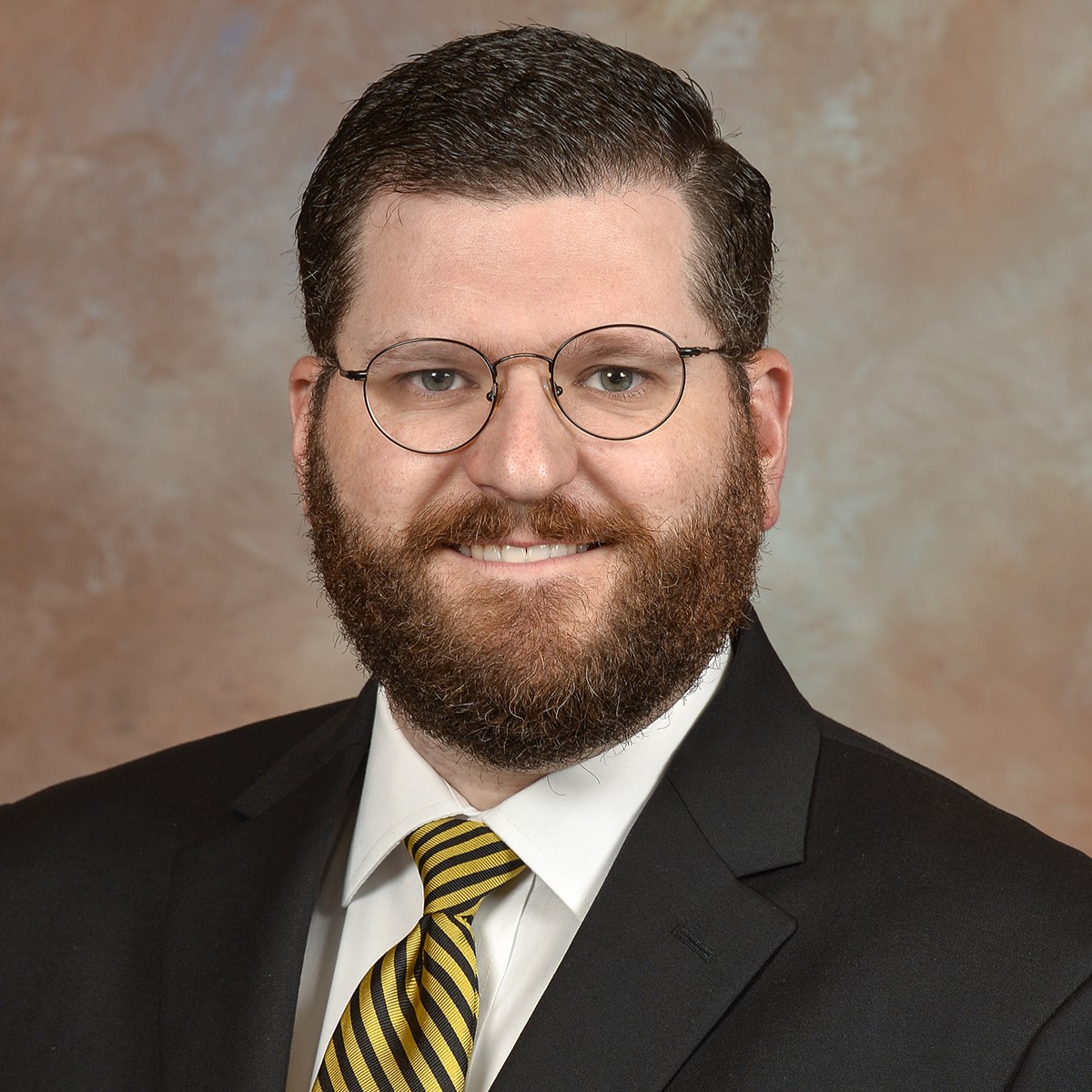 Chris Gardner, Chief Financial Officer, Wofford College Chris Gardner, Chief Financial Officer, Wofford College
Chris Gardner currently serves as the Chief Financial Officer at Wofford College in Spartanburg, SC, a position he has held since 2018. In this role, Chris oversees accounting and finance, budget and planning, investment, facilities and information technology services. He came to Wofford in September 2013 as associate vice president for finance and controller. During his time at Wofford, he served on the College's strategic planning implementation team prior to becoming CFO. He currently serves as Chair of the SACUBO Investment Committee and as an at-large representative to the SACUBO Board. He has led sessions at SACUBO annual meetings and fall workshops, the NACUBO annual meeting and various webinars presented by both SACUBO and NACUBO.Prior to joining Wofford, he was manager of financial and statistic reporting for AVX Corporation in Fountain Inn, S.C., and audit manager for KPMG LLP in Greenville, S.C. Gardner, a certified public accountant, received a bachelor of science degree in accountancy from Miami University in Oxford, Ohio. He is a member of the American Institute of Certified Public Accountants.
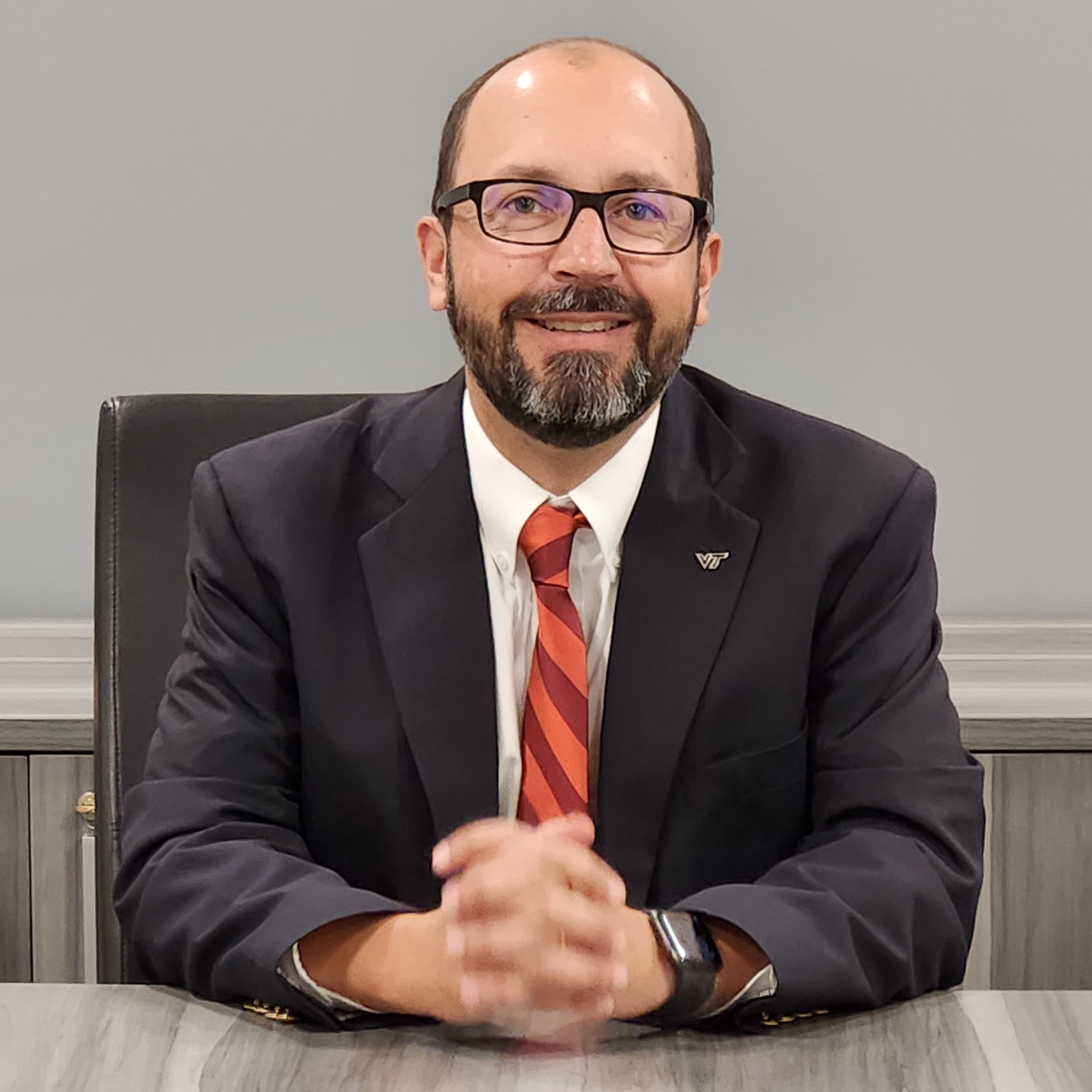 Michael Walsh, Assistant Vice President for Finance and Associate Treasurer, Virginia Tech Michael Walsh, Assistant Vice President for Finance and Associate Treasurer, Virginia Tech
Michael "Mike Walsh has over 20 years of experience working in public finance. Currently, Mike is the Assistant Vice President for Finance and Associate Treasurer at Virginia Tech. He directs and oversees the ongoing management of the University's debt and investment programs while identifying and managing applicable financial risks and liquidity targets for the University. He serves as a member of the senior leadership team of the Vice President for Finance and CFO and in coordination with other leaders on the team, determines the amount and timing of debt issuances needed to finance capital construction projects, target amounts for operating liquidity and long-term investments, as well as target amounts for short-term financing such as lines of credit and commercial paper. Mike has experienced a full range of public finance issues including negotiated and competitive sales, private placements, variable and fixed rate issues, new money and refunding transactions, tax-exempt and taxable issues, as well as the use of swaps and public private partnerships.Mike is a graduate of Hampden-Sydney College with a Bachelor of Arts in Economics and has an MBA, with a concentration in finance, from Virginia Commonwealth University.
 Megan DeGrass, Managing Director, Hilltop Securities Megan DeGrass, Managing Director, Hilltop Securities
Megan DeGrass is a Managing Director at Hilltop Securities in the Higher Education financial advisory group. She has 30 years of nonprofit and municipal finance experience, primarily covering the higher education, independent school, cultural and nonprofit sectors. She has worked with many institutions nationally, including many new borrowers, public and private universities, foundations and cultural organizations.
Andrew Lieber, Deputy Ad, Apital Planning & Strategic Initiatives George Mason Athletics
Bio coming soon.
^ Back to top of page
< Back to Schedule
CS 6C: Endless Summer: Automating Faculty Payroll and Breaking the Manual Cycle
Description
Perimeter College, a 17,000 student college within Georgia State University, faced significant challenges in managing high-volumes of summer faculty instructional and non-instructional commitments due to a fragmented, manual process lacking centralized data and oversight. To adapt and address these issues, the college developed the Faculty Activity Portal (FAP), an innovative tool that automated workflows, enhanced data transparency, and provided payroll automation capabilities.This presentation will outline the key pain points that led to the portal's development, including limited oversight of faculty summer commitments and labor-intensive payroll processes. Through a collaborative approach with key internal stakeholders, the FAP was designed to streamline these operations by using data feeds from Banner to automatically track faculty summer commitments, calculate pay, and generate payroll files. Additionally, the tool integrates approval workflows, metrics, and reporting tools, giving department chairs a "single source of truth for summer faculty activities and commitments.Attendees will gain insights into the development and implementation process, from initial focus groups and gap analysis to the software development process. The session will cover how the FAP's functionality including self-service reporting, real-time schedule updates, and an automated payroll export tool ”resulted in significant improvements in administrative efficiency, speed to decision making and policy compliance.
Learning Objectives
- Apply methods for integrating disparate data sources to create a cohesive system that supports decision-making and improves efficiency.
- Effectively engage stakeholders to identify pain points and identify effective solutions.
- Utilize automated processes to enhance policy compliance, reduce manual work, and improve transparency.
Speakers
 Jamie Smith, Assistant Dean, Finance and Administration, Georgia State University Jamie Smith, Assistant Dean, Finance and Administration, Georgia State University
Jamie Smith is the Assistant Dean for Finance and Administration at Georgia State University's Perimeter College, where he leads strategic operations and initiatives across finance, grants administration, human resources, technology, facilities, data analytics and business operations. Prior to his current role, Jamie served as Chief Performance Officer at Emory University, where he oversaw enterprise data analytics and served as the chief business officer for the finance division. With over 25 years of experience in higher education administration, Jamie's career reflects a deep commitment to leveraging innovation and strategic leadership to advance the mission and success of higher education institutions.
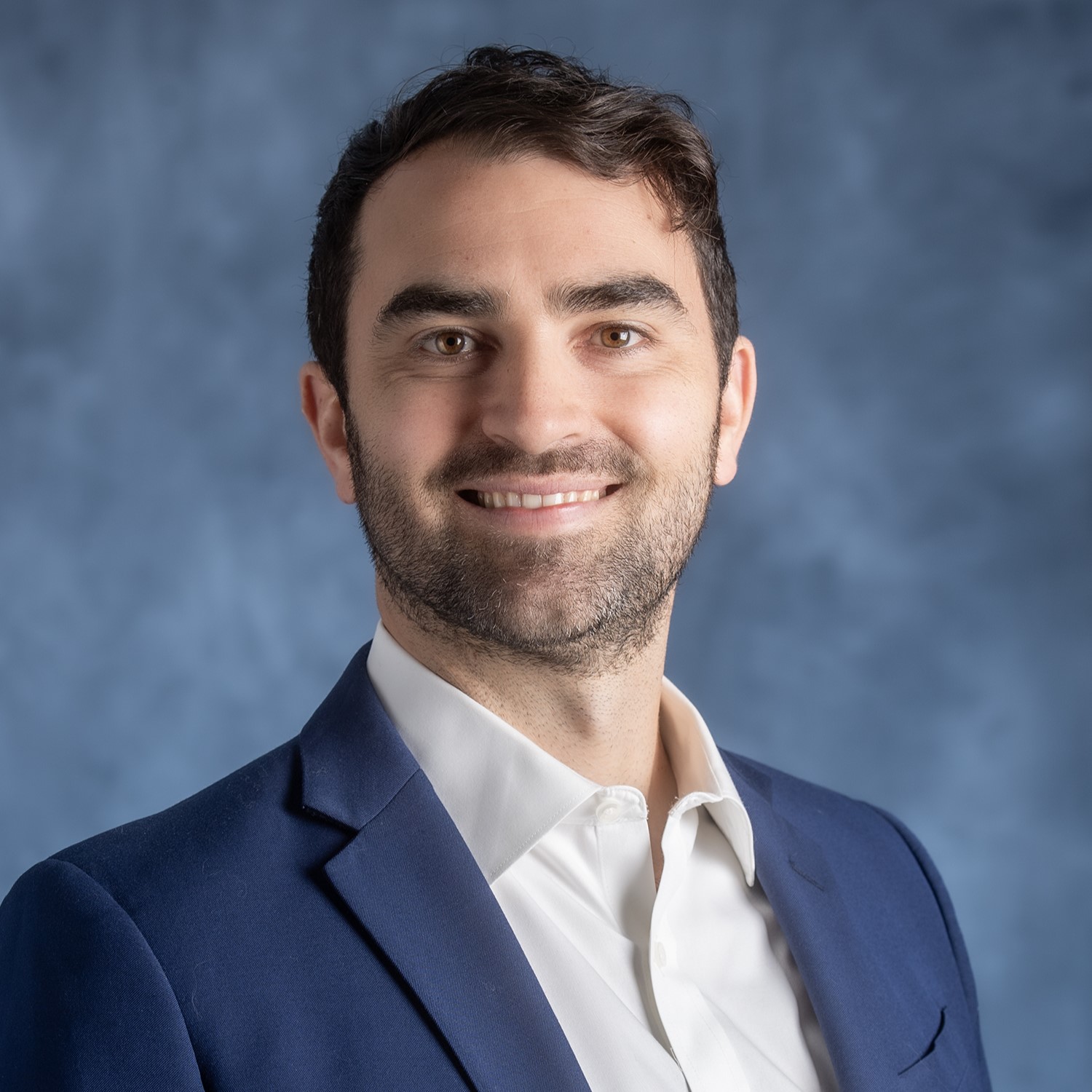 Gary Reynolds, College Business Intelligence Officer Georgia State University, Perimeter College Gary Reynolds, College Business Intelligence Officer Georgia State University, Perimeter College
Gary Reynolds serves as the College Business Intelligence Officer for Georgia State University Perimeter College. In this role, he ensures data integrity and compliance, manages high-priority internal software projects, and designs financial analysis dashboards. Prior to this, Gary spent nearly a decade at MDRC, a research firm that evaluates social programs and policies. He holds a BS in Economics and Geography from the University of Idaho.
^ Back to top of page
< Back to Schedule
CS 6D: Team Building Activities as an Introduction to Leadership Development
Description
Coming soon.
Learning Objectives
Coming soon.
Speakers
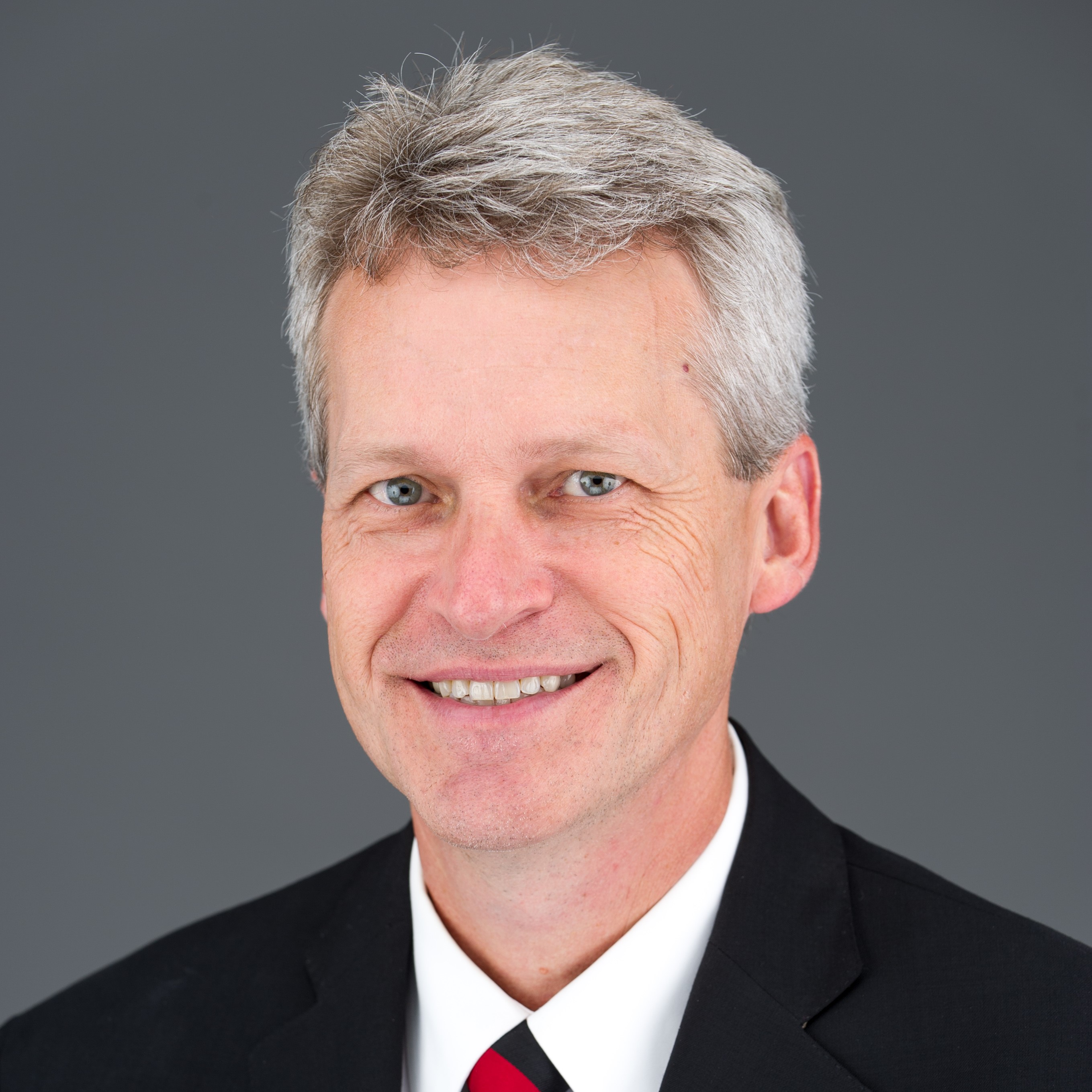 Len Frey, Senior Advisor for Strategic Initiatives, Arkansas State University Len Frey, Senior Advisor for Strategic Initiatives, Arkansas State University
Len Frey, Ph.D., a leadership professor who has been providing teambuilding and leadership training to students and corporate and community clients for more than 30 years. Frey served as the vice chancellor for finance and administration and ultimately executive vice chancellor for finance, administration and chief operating officer at A-State from 2012-2024. He is currently serving as Senior Advisor for Strategic Initiatives for the university and as Senior Associate Dean for the new College of Veterinary Medicine that is being established at A-State.
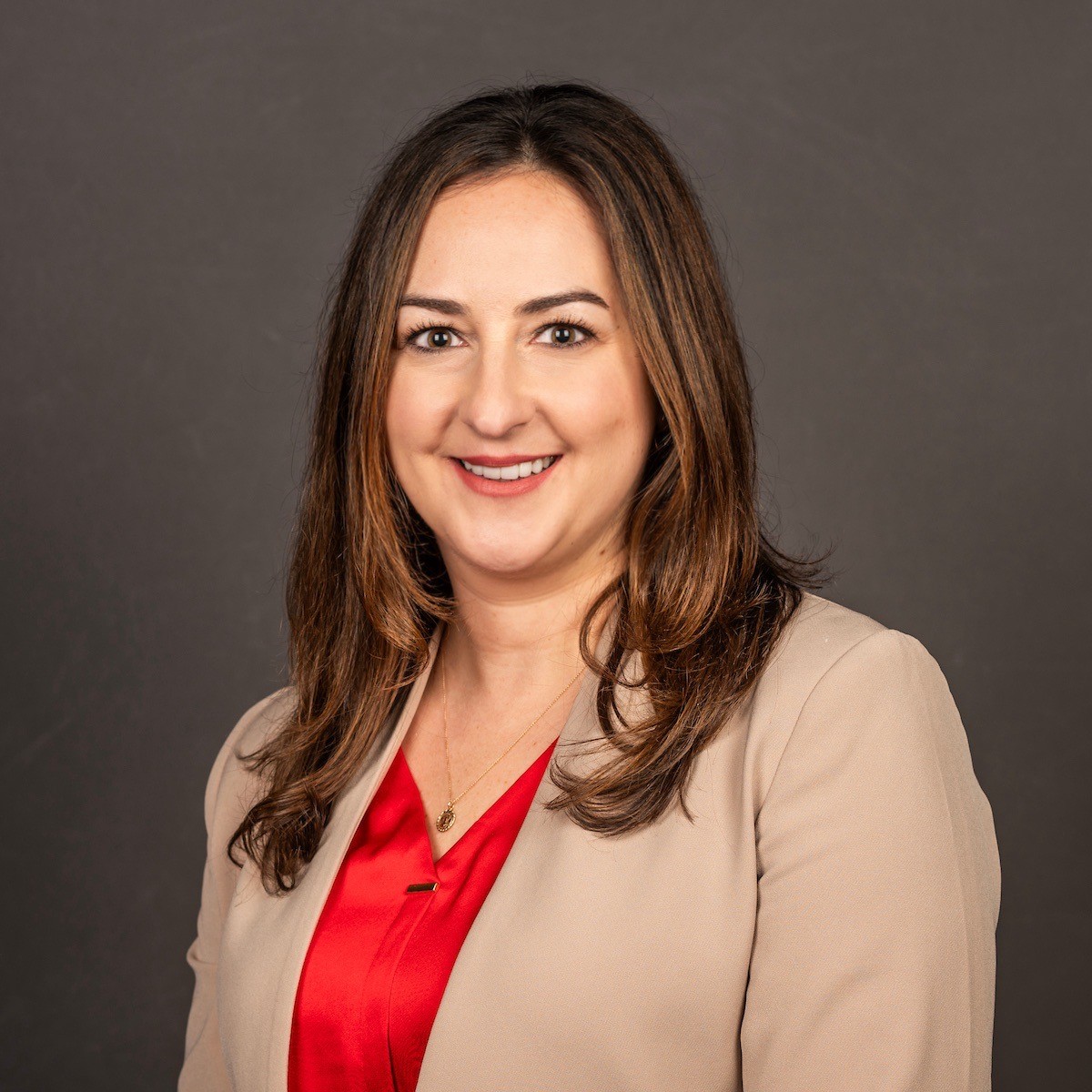
Cathy Naylor, University Training Coordinator, Arkansas State University
Cathy Naylor, MBA, University Training Coordinator at Arkansas State University. Naylor has been with A-State since 2016, serving in her current role since 2019. In addition to running Leadership A-State and other training programs on campus, Naylor also manages the university's LMS and New Employee Experience.
^ Back to top of page
< Back to Schedule
CS 6E (ACUPA): Optimizing Policy and Procedure Management: Lessons from a Recent Audit and Review
Description
This presentation will share insights gained from a recent comprehensive audit and review of our institution's policy and procedure office. The audit aimed to assess the effectiveness, efficiency, and compliance of our current policies and procedures. We will discuss the key findings of the audit, including strengths and areas for improvement. Additionally, we will delve into the specific strategies and best practices implemented to address identified gaps and enhance our overall policy and procedure management system.
Learning Objectives
- Understand the importance of regular policy and procedure audits and reviews.
- Identify key areas for improvement in policy and procedure management.
- Learn practical strategies for implementing effective policy and procedure management practices
Speakers
 Caroline B. Hulett, Director of Policy and Special Projects, University of South Carolina Caroline B. Hulett, Director of Policy and Special Projects, University of South Carolina
Caroline B. Hulett is the Director of Policy and Special Projects at the University of South Carolina. She holds a master's degree in public administration and is currently pursuing a PhD in Education Administration, specializing in Higher Education Policy Processes and Procedures. With over twelve years of state service in South Carolina, Caroline brings a wealth of practical experience to her academic pursuits. Her previous roles include Income Tax Auditor at the SC Department of Revenue and Program Coordinator at the SC Department of Administration.
^ Back to top of page
|

 Justin Martin, Tru Consulting
Justin Martin, Tru Consulting Chris Gardner, Chief Financial Officer, Wofford College
Chris Gardner, Chief Financial Officer, Wofford College Michael Walsh, Assistant Vice President for Finance and Associate Treasurer, Virginia Tech
Michael Walsh, Assistant Vice President for Finance and Associate Treasurer, Virginia Tech Megan DeGrass, Managing Director, Hilltop Securities
Megan DeGrass, Managing Director, Hilltop Securities Jamie Smith, Assistant Dean, Finance and Administration, Georgia State University
Jamie Smith, Assistant Dean, Finance and Administration, Georgia State University Gary Reynolds, College Business Intelligence Officer Georgia State University, Perimeter College
Gary Reynolds, College Business Intelligence Officer Georgia State University, Perimeter College Len Frey, Senior Advisor for Strategic Initiatives, Arkansas State University
Len Frey, Senior Advisor for Strategic Initiatives, Arkansas State University
 Caroline B. Hulett, Director of Policy and Special Projects, University of South Carolina
Caroline B. Hulett, Director of Policy and Special Projects, University of South Carolina 